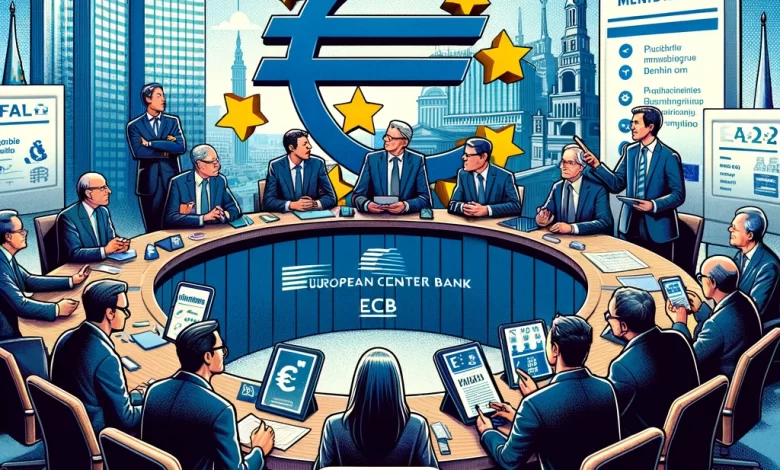
European Central Bank Officials Respond to Banks’ Protests Against Digital Euro and Suggest Priorities
European Central Bank (ECB) officials, including Executive Board member Fabio Panetta, have responded to ongoing protests from banks regarding the digital euro. As the ECB produces extensive informative content on the digital euro through brochures, FAQs, and accessible formats, bankers’ frustration over perceived overregulation and the lukewarm reception to innovation is becoming evident. Specifically, they address bankers’ perceived confusion about the disintermediation potentially arising from the introduction of the Central Bank Digital Currency (CBDC) for the euro.
Despite explicit inclusion of mitigation measures in the CBDC design, banking associations, bank-supported think tanks, and researchers continue to publish studies emphasizing the risks associated with eliminating financial intermediaries from transactions. The authors briefly describe several design measures in the digital euro to prevent a mass transfer of money from commercial bank accounts to digital euro wallets. These design elements encourage the use of the digital euro for payments rather than investment, and the authors note that banks could compete to retain deposits by offering higher interest rates.
The authors counter the argument that the introduction of the digital euro could lead to a severe banking crisis and long-term risks of banks losing deposits as a funding source. They argue that the ongoing complaints about the future volume of digital euro in bank-supported studies do not look at the correct variable, which is central bank money in circulation. Moreover, they assert that major central banks are not the biggest threat to the banking industry, pointing to stablecoins, electronic money institutions, and thin bank structures supported by big tech companies with large customer bases, which undermine banks’ roles in the economy.
The authors conclude that by focusing on perceived flaws in the CBDC, banks are overlooking many challenges they need to address to ensure sustainable financing through deposits. A longer and more technical version of the blog post can be found on the VoxEU website. ECB attempts to sell us a centralized, programmable currency with the potential to turn us into economic slaves, initially presented as a convenient program to ease our lives. If citizens buy into this, they sow the seeds of their own enslavement.
Christine Lagarde, President of the European Central Bank, addressed the conspiracy theories abundant in this context in a speech to a European Parliament committee in September, suggesting the notion of ‘Big Brother’ suddenly deciding what and how much should be purchased. The ECB announced in October it is entering the preparatory phase of the digital euro project. Co-authors Cipollone, Ulrich Bindseil, and Jürgen Schaaf published a blog post on the ECB website in November 2022 titled “The Last Stand of Bitcoin.”





